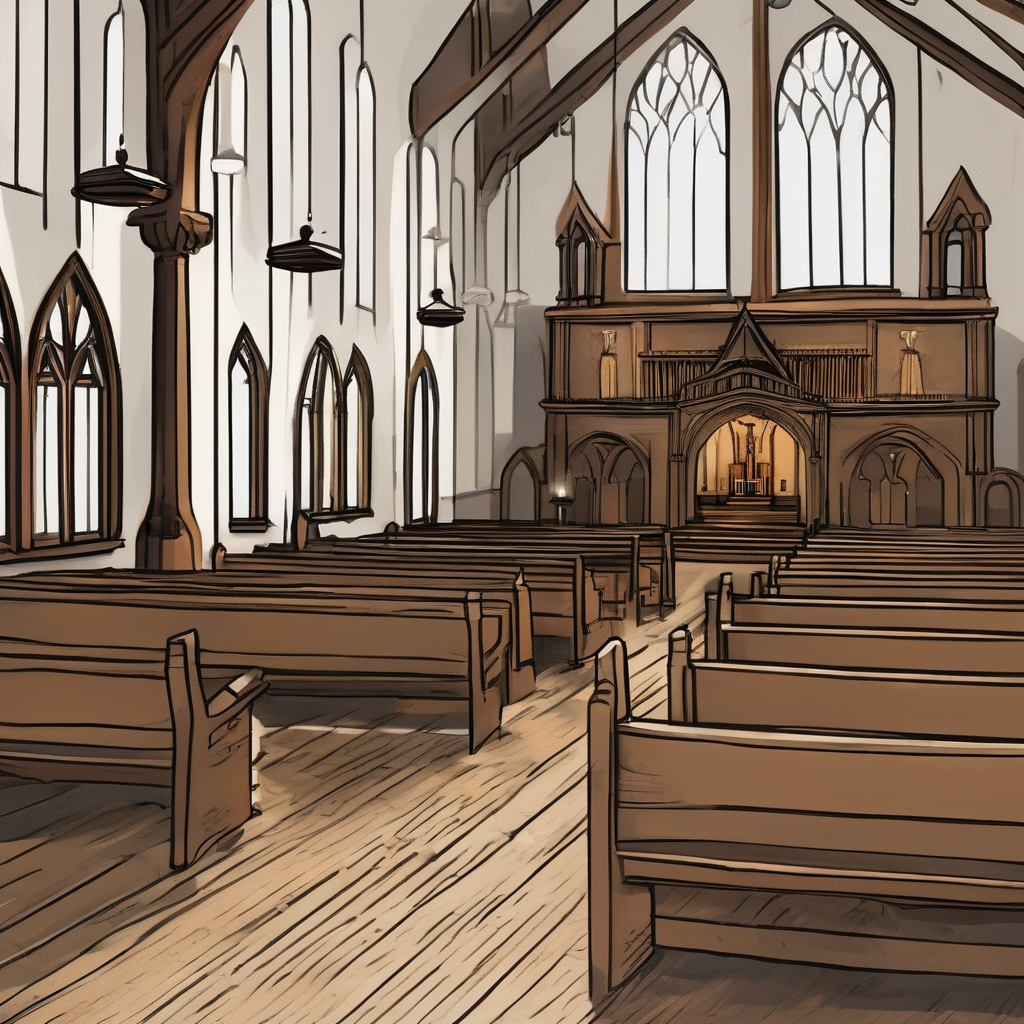During a prominent event aimed at Christian supporters of Israel, Senator Ted Cruz delivered a stark warning about the alarming rise of antisemitism among right-wing circles, asserting that churches have been largely unresponsive to this concerning trend. Speaking on October 19 at a major gathering in San Antonio, hosted by John Hagee’s Christians United for Israel (CUFI), Cruz emphasized that in his years of political experience, he has never witnessed antisemitism escalate on the right as it has in the past six months.
“I’m here to tell you, the church is asleep right now,” Cruz stated, while highlighting the crucial role CUFI plays in countering such prejudices. His address coincided with Hagee’s 45th annual Night to Honor Israel, an event underscoring the need for vigilance against rising antisemitic sentiments.
Cruz’s concerns echoed broader discussions circulating among conservative commentators. Articles from The Free Press and Tablet illustrated how extremist ideologies have gained traction and been embraced within certain factions of the right. Notably, Eli Lake’s essay in The Free Press details how far-right activist Nick Fuentes, previously marginalized for his racist and antisemitic views, has now been welcomed onto major platforms, indicating a troubling shift in the Overton window of acceptable political discourse.
Conversely, a self-reflective piece in Tablet connects the normalization of antisemitic rhetoric to a wider libertarian-to-alt-right pipeline, where once antiwar sentiments have morphed into a vehement criticism of Israel and Jews. Tikvah, a significant voice in the Jewish community, reports a noticeable rise in openly hostile rhetoric towards Judaism and Israel on the right, indicating a movement that, while still a minority, can no longer be overlooked.
The discourse surrounding Cruz’s message also reflects a reaction to broader social media dynamics. Following the assassination of Charlie Kirk, a litany of conspiracy theories emerged within right-wing digital spaces, many veering into antisemitism. These narratives prompted Israel’s Prime Minister Benjamin Netanyahu to counter misinformation, as the rapid spread of such ideas revealed the fragile boundaries of contemporary political dialogue.
Cruz also underscored the theological implications of this antisemitism, cautioning against the resurgence of replacement theology, which negates the significance of the Jewish people in God’s plan. This theology suggests that the church has replaced the Israelites as the chosen people, a perspective Cruz rejected as a profound distortion of biblical promises.
The senator’s remarks highlight a paramount challenge for conservative leaders who must now navigate a landscape where inflammatory voices are increasingly amplified, complicating their efforts to distance the party from rampant extremism. Figures like Tucker Carlson and Candace Owens, known for their controversial statements regarding Israel, contribute to a feedback loop that rewards inflammatory rhetoric and creates obstacles for those seeking to maintain party integrity.
Recent reports of racist behavior within Young Republican circles have further fueled the debate over whether the right is capable of self-regulation. The fallout from these revelations has led to firings and widespread condemnation, yet some leaders have downplayed these actions, showcasing a divide in responses to racism within the party.
In light of these developments, influential Republican figures like Rich Goldberg have called for a more proactive stance against antisemitism, urging leaders to refrain from platforming individuals who espouse harmful views. As discussions continue, the absence of a statement from former President Donald Trump – a pivotal figure in the party – underscores the complexity of addressing rising antisemitism among conservatives.
The urgency of Cruz’s address highlights the essential responsibility of church leaders and conservative movements to confront this growing challenge, reaffirming the need to counteract narratives that sow division and undermine the foundations of faith and community.
